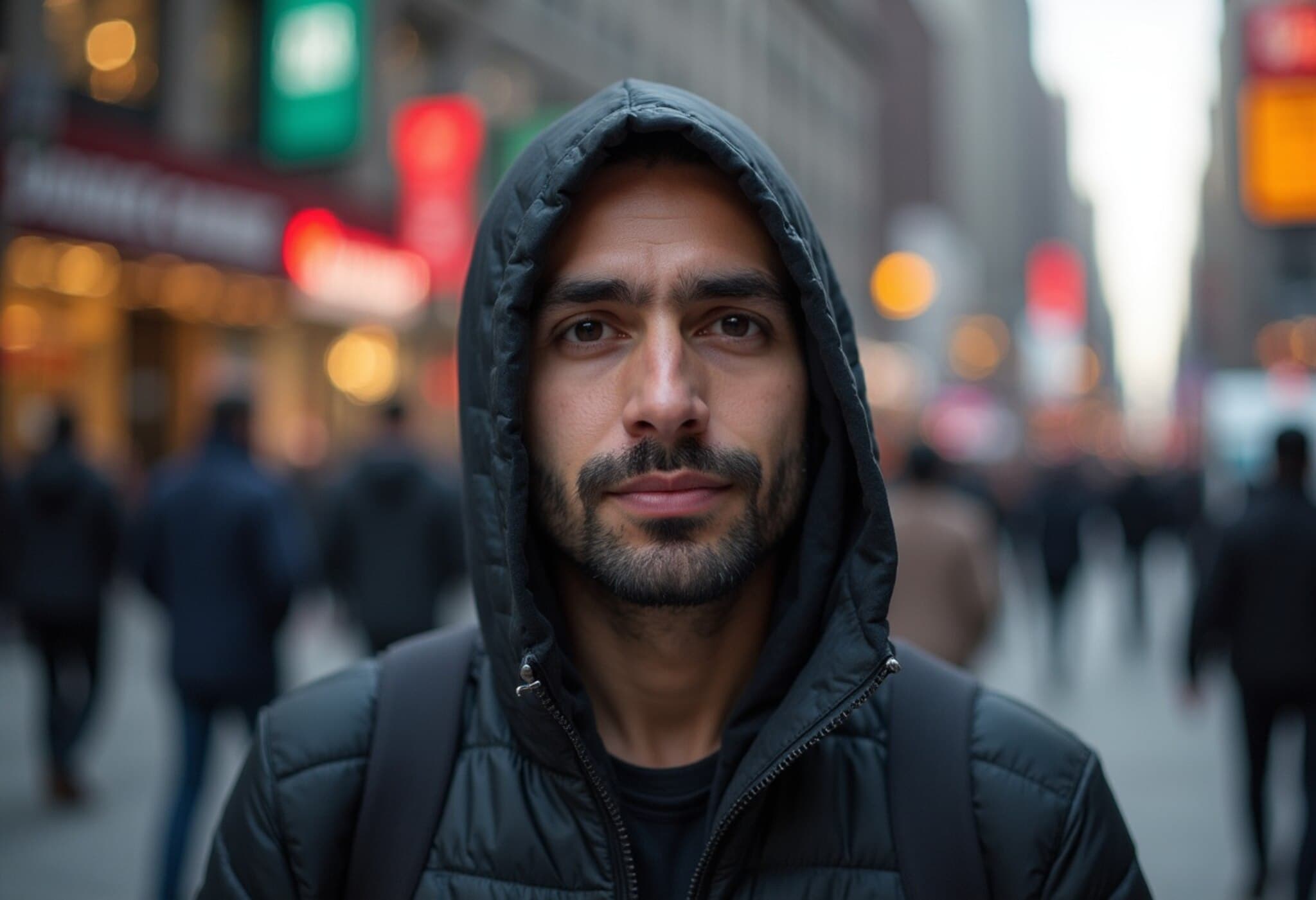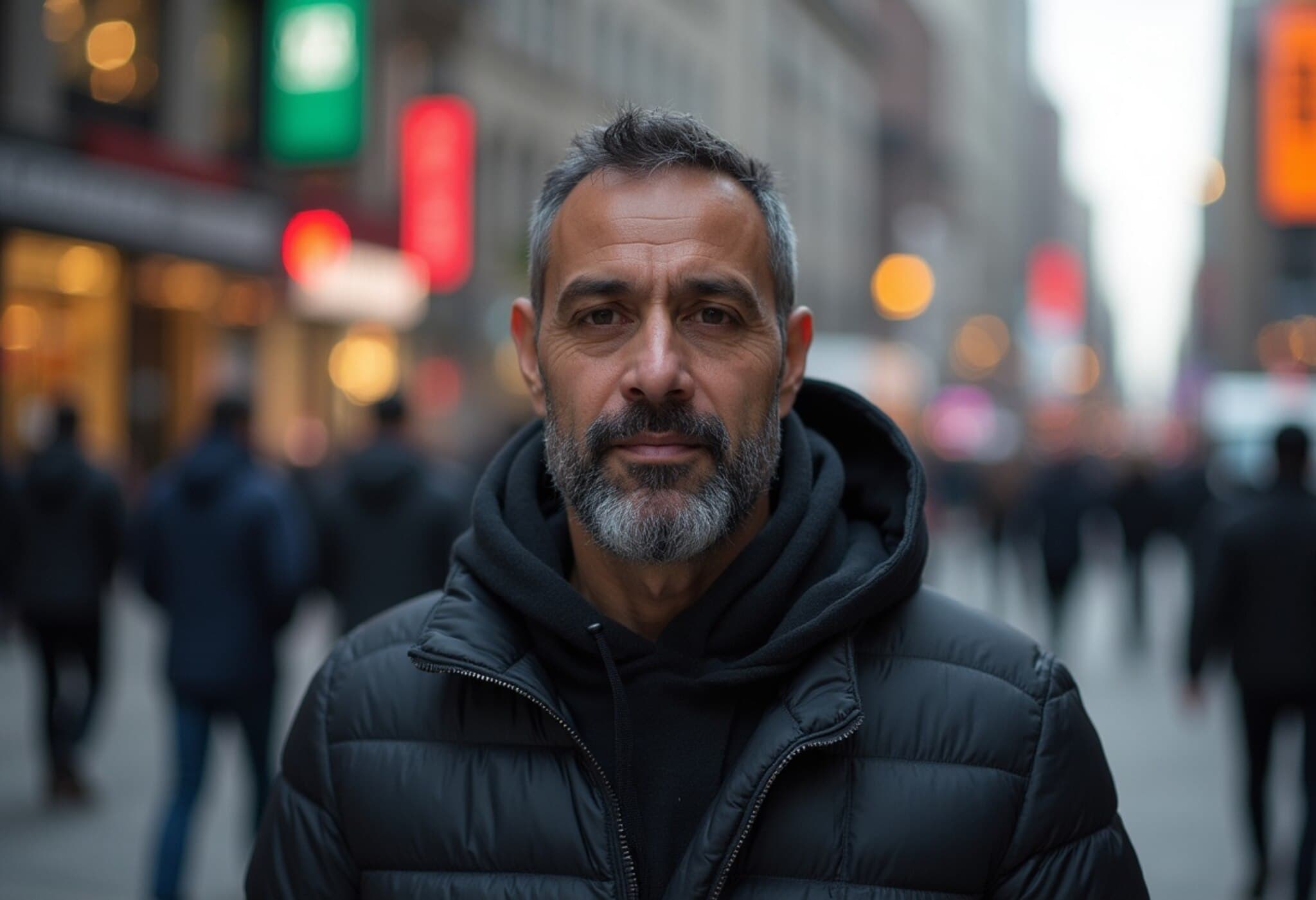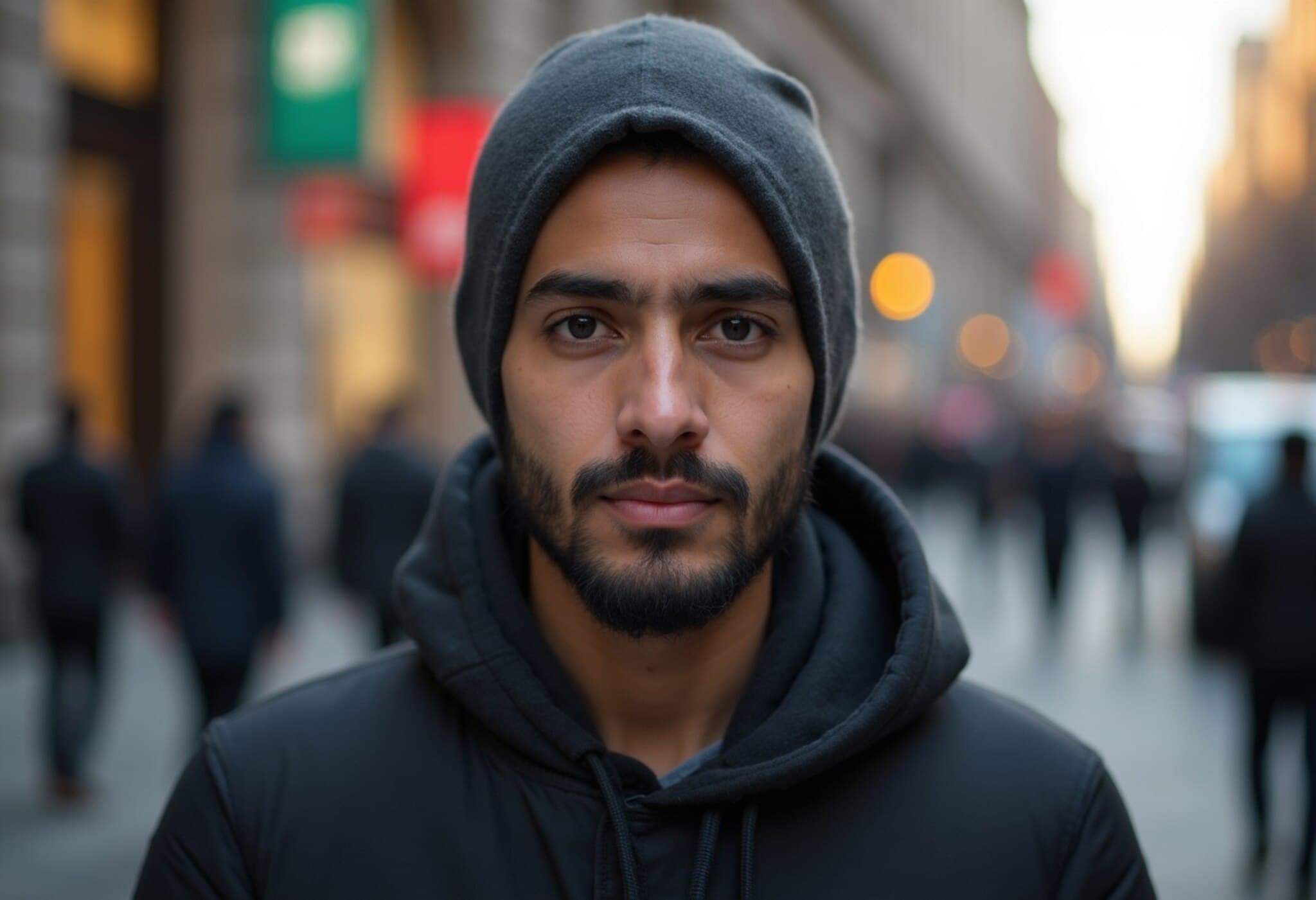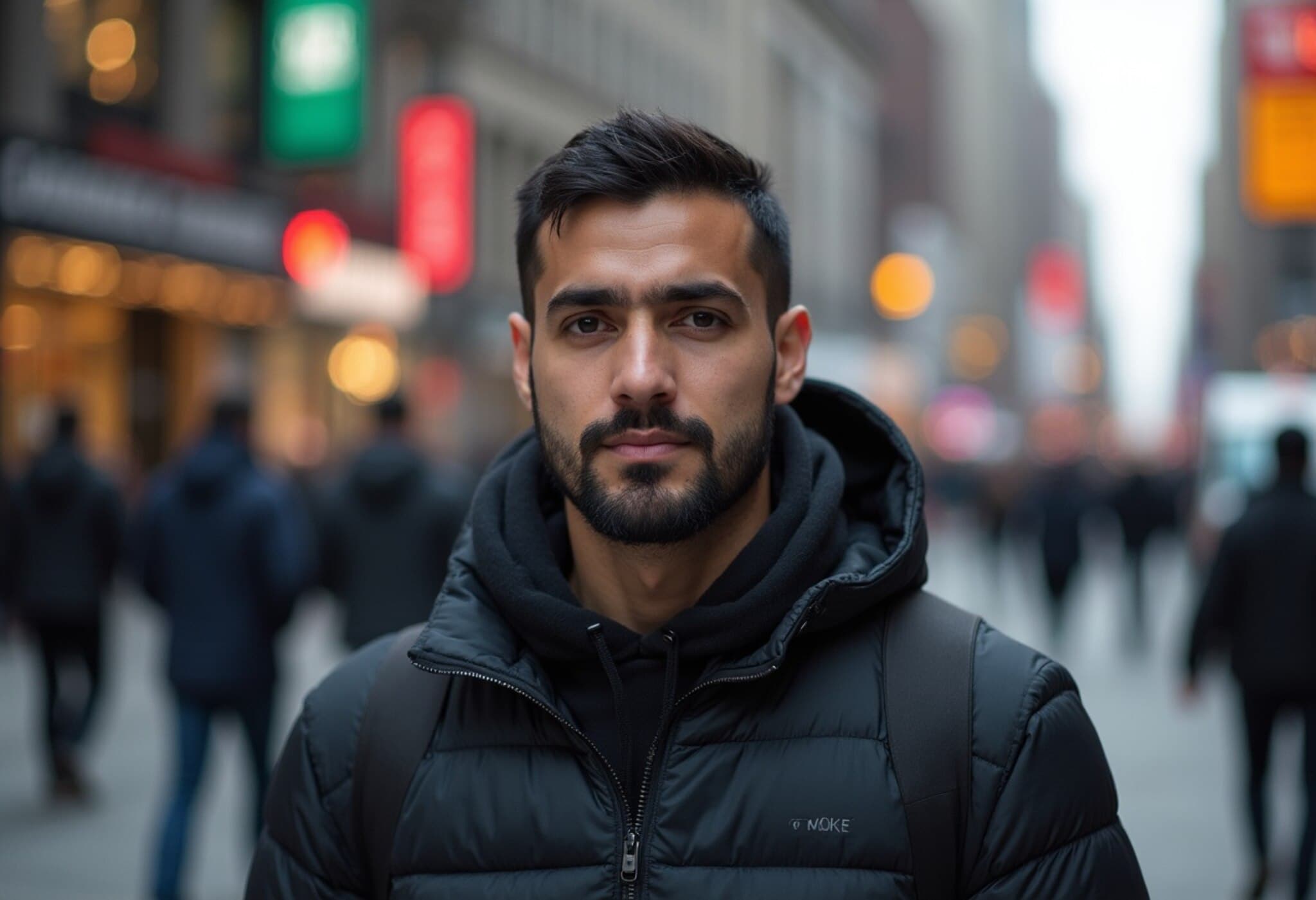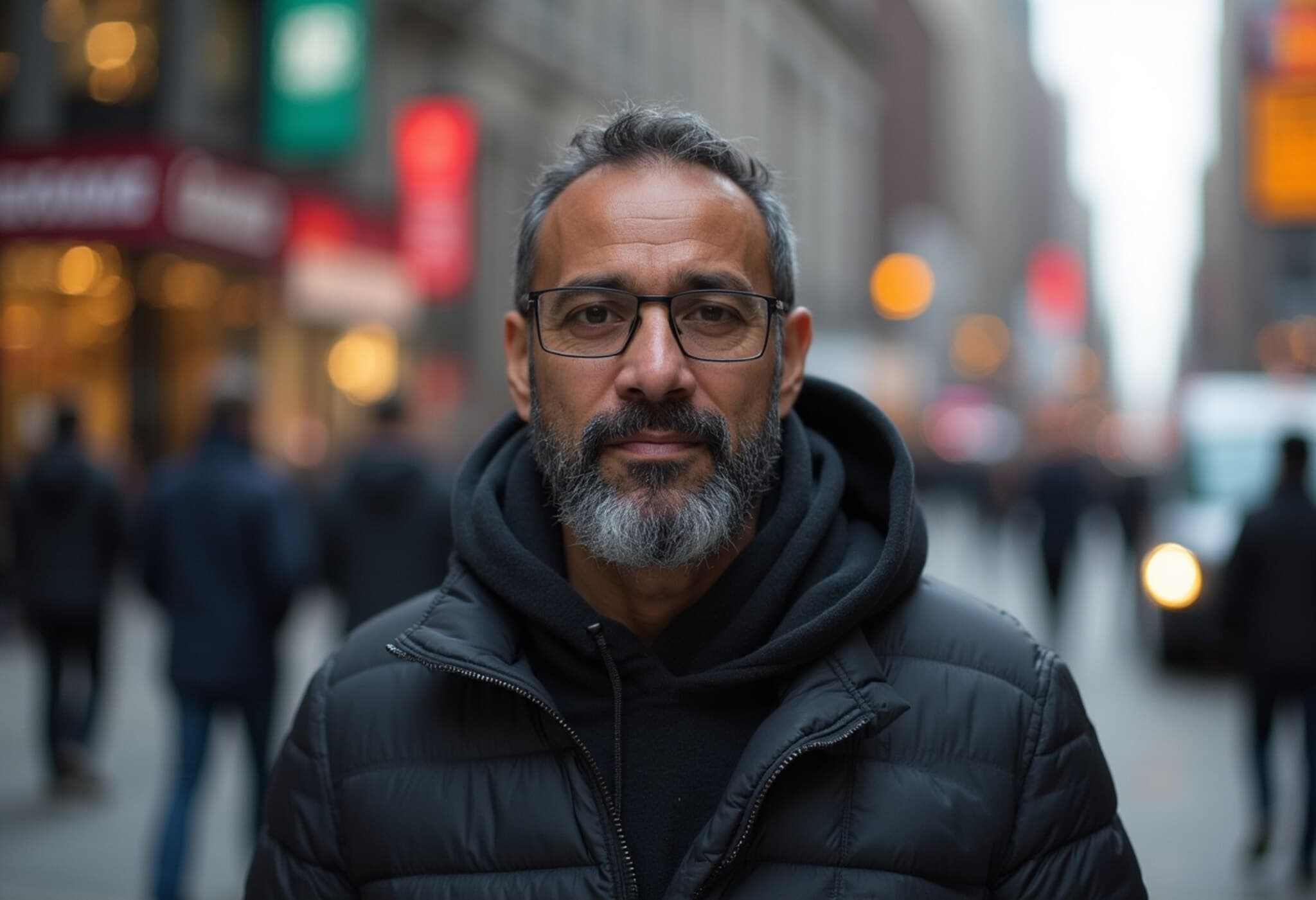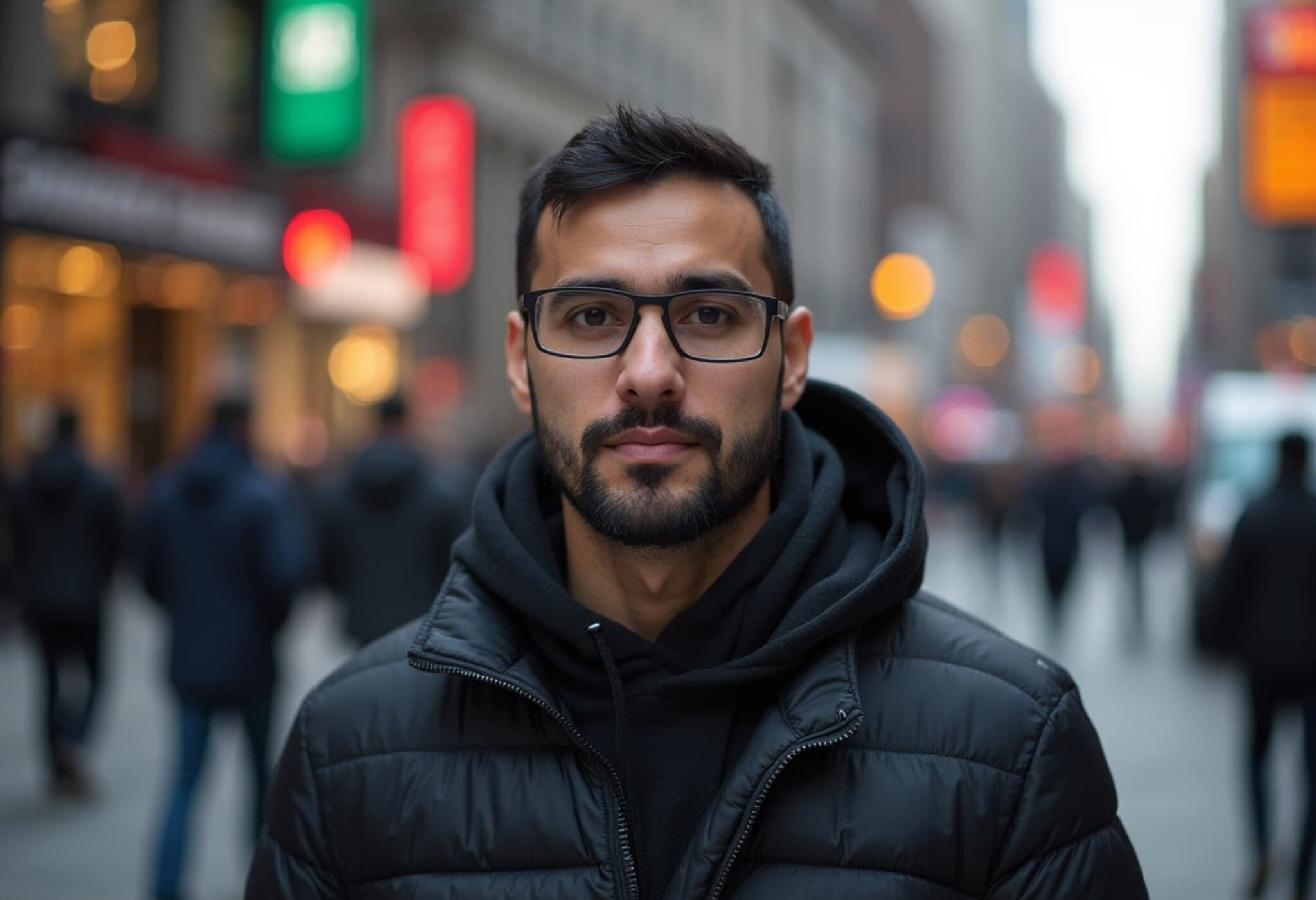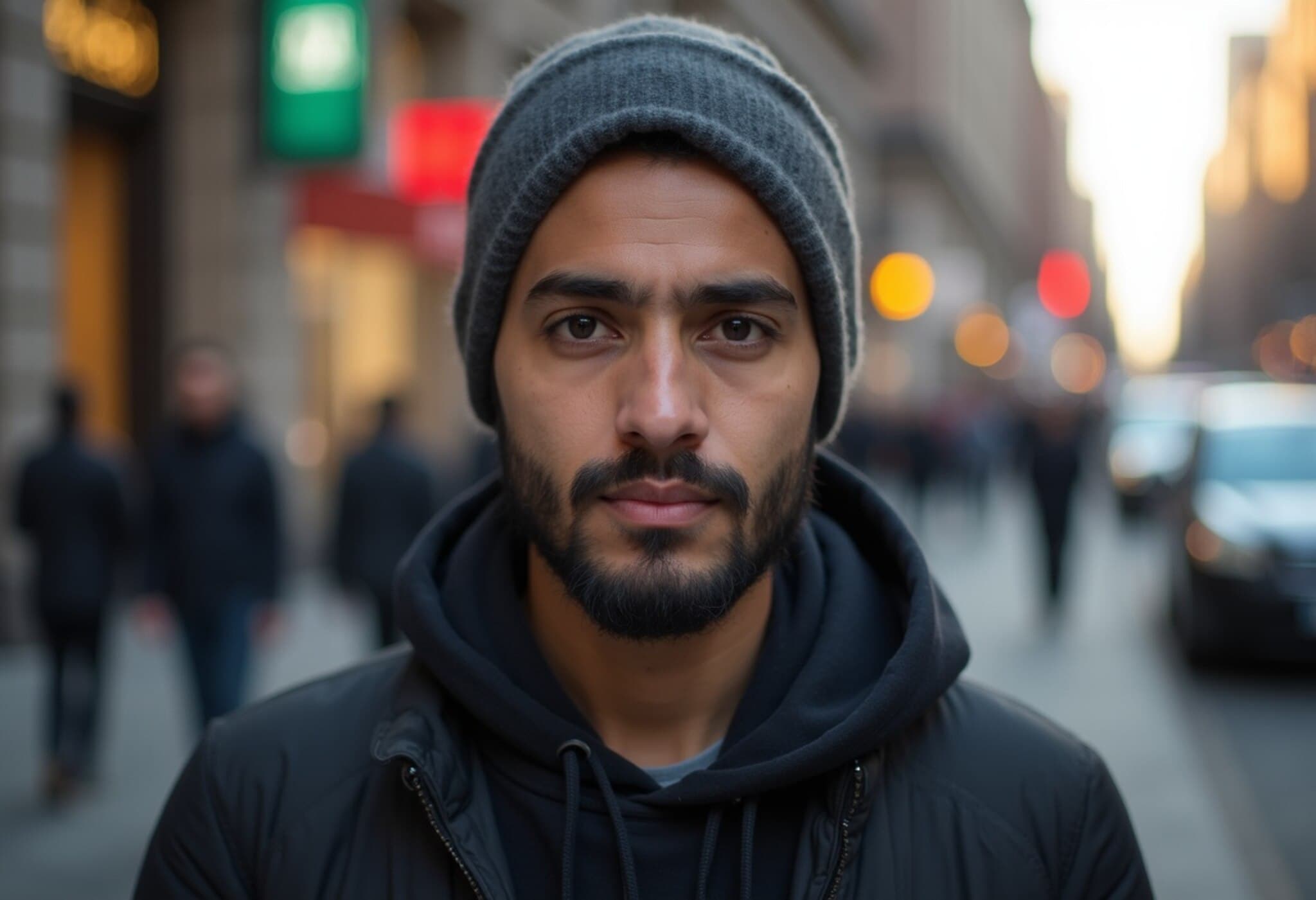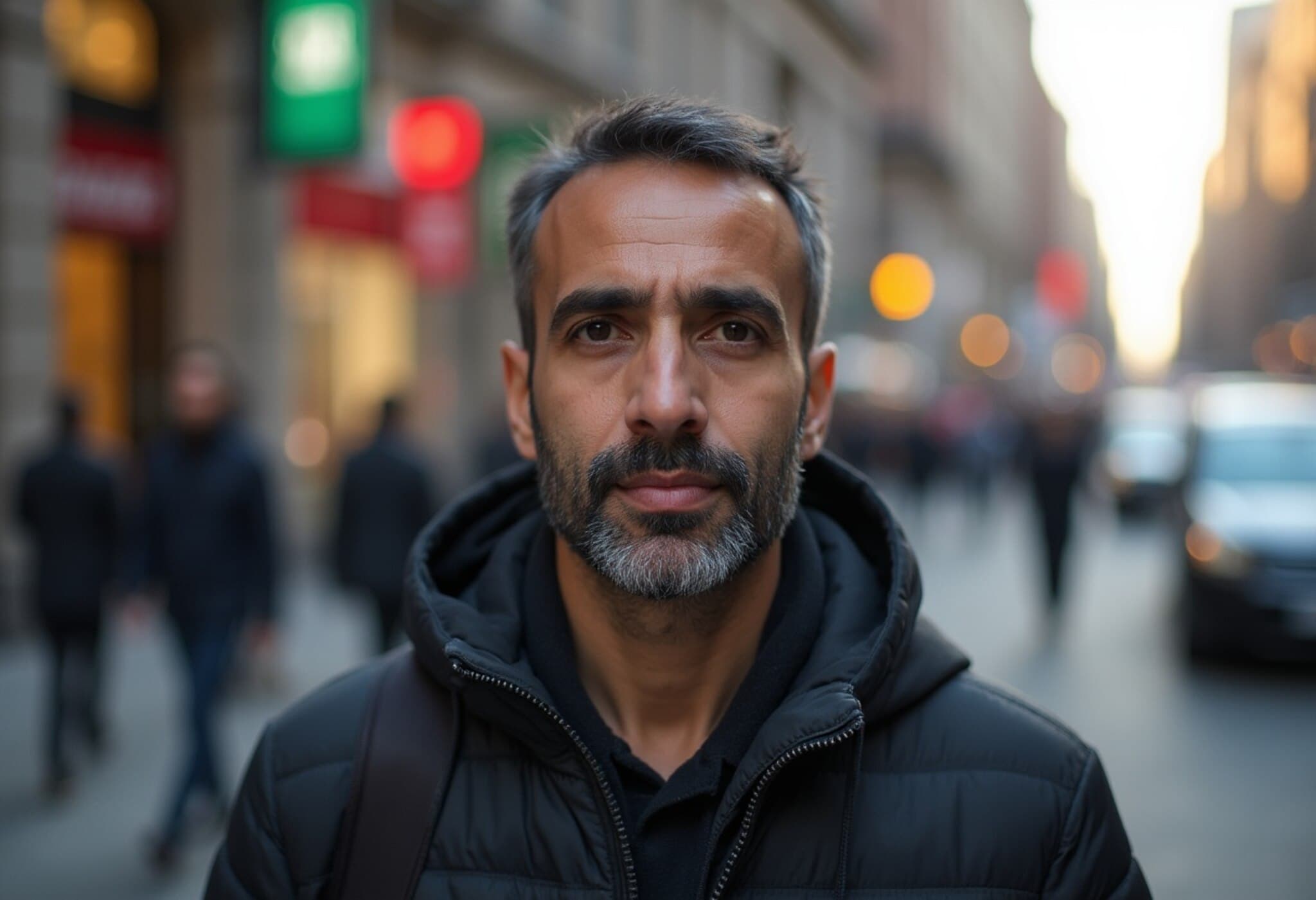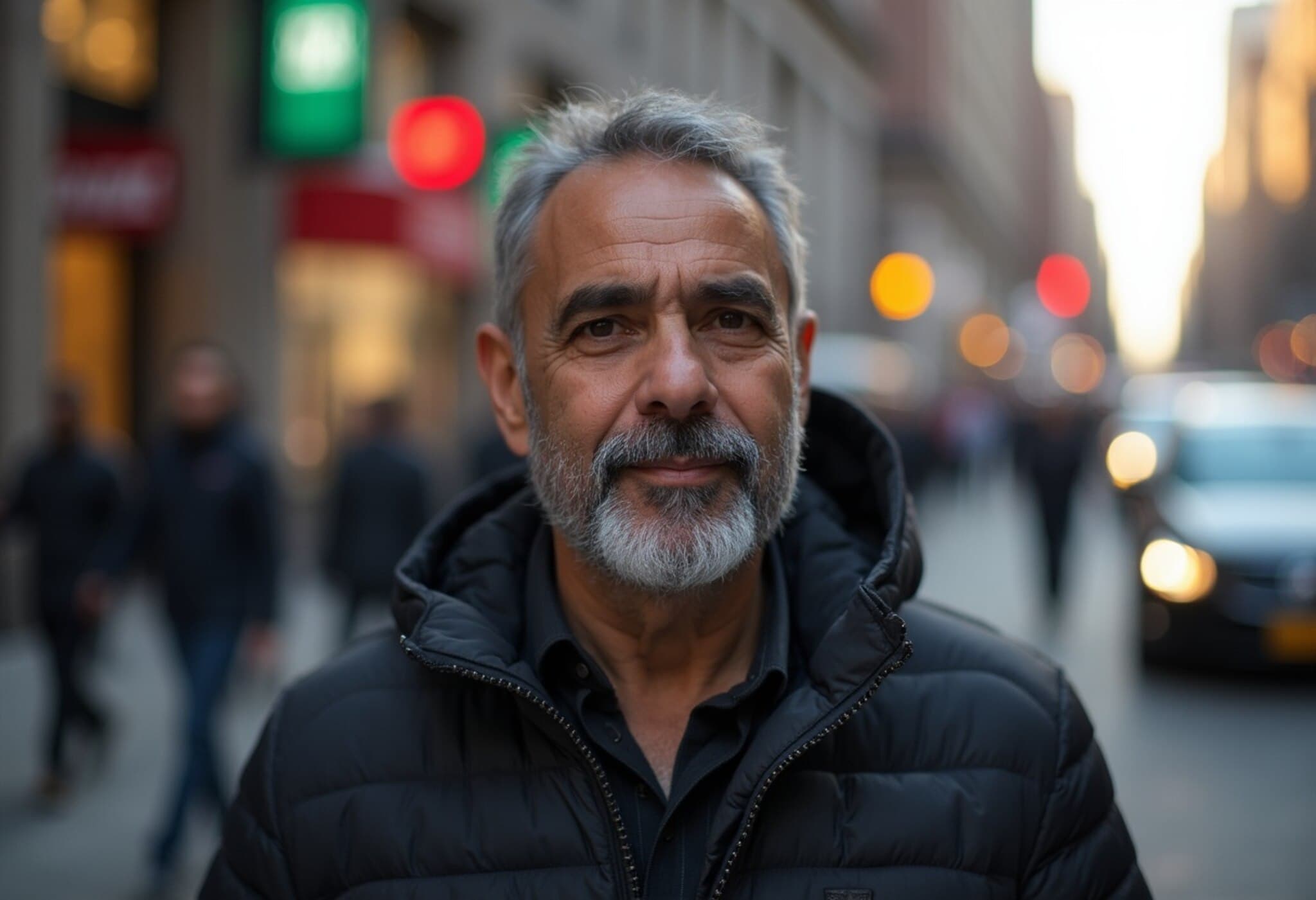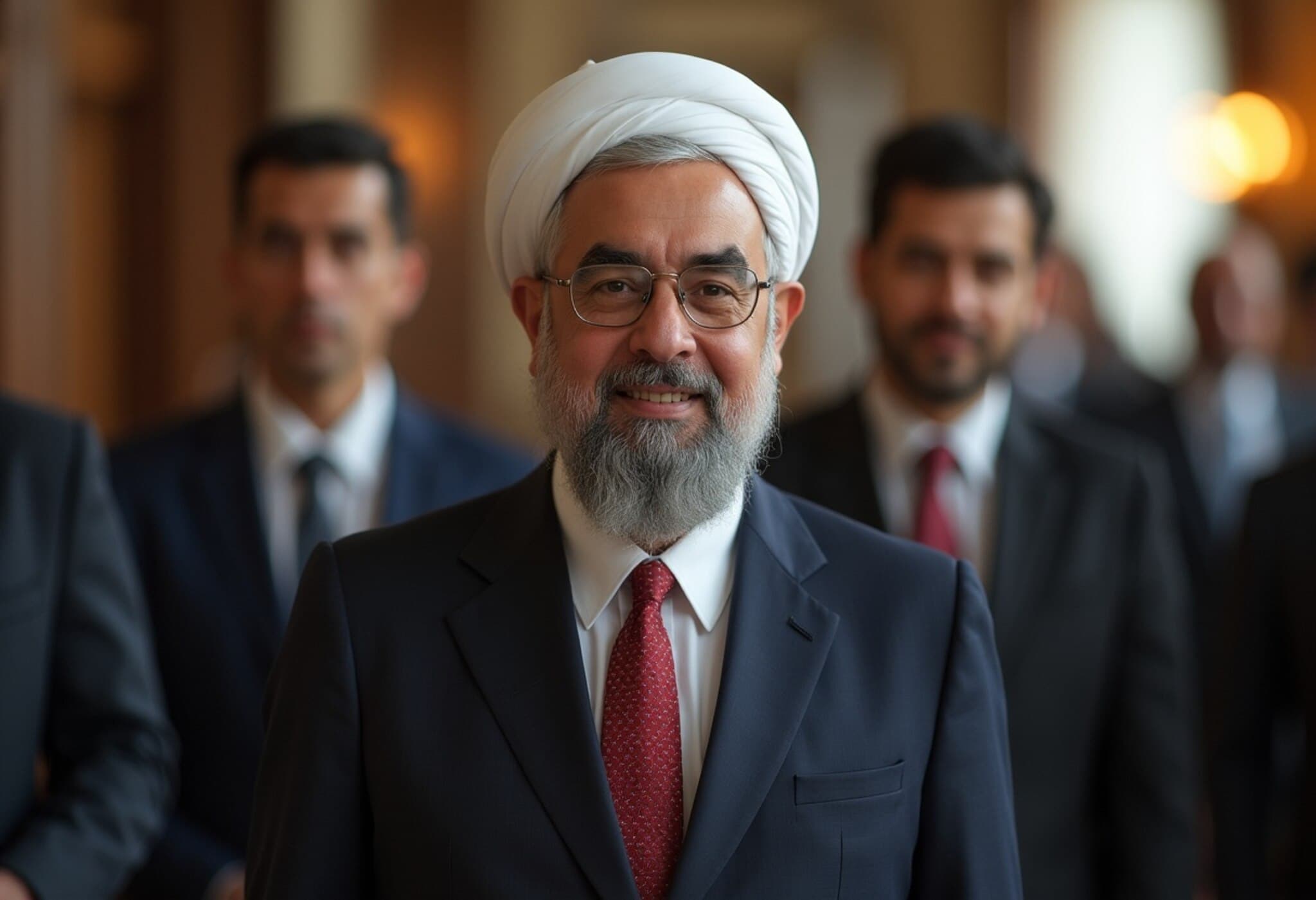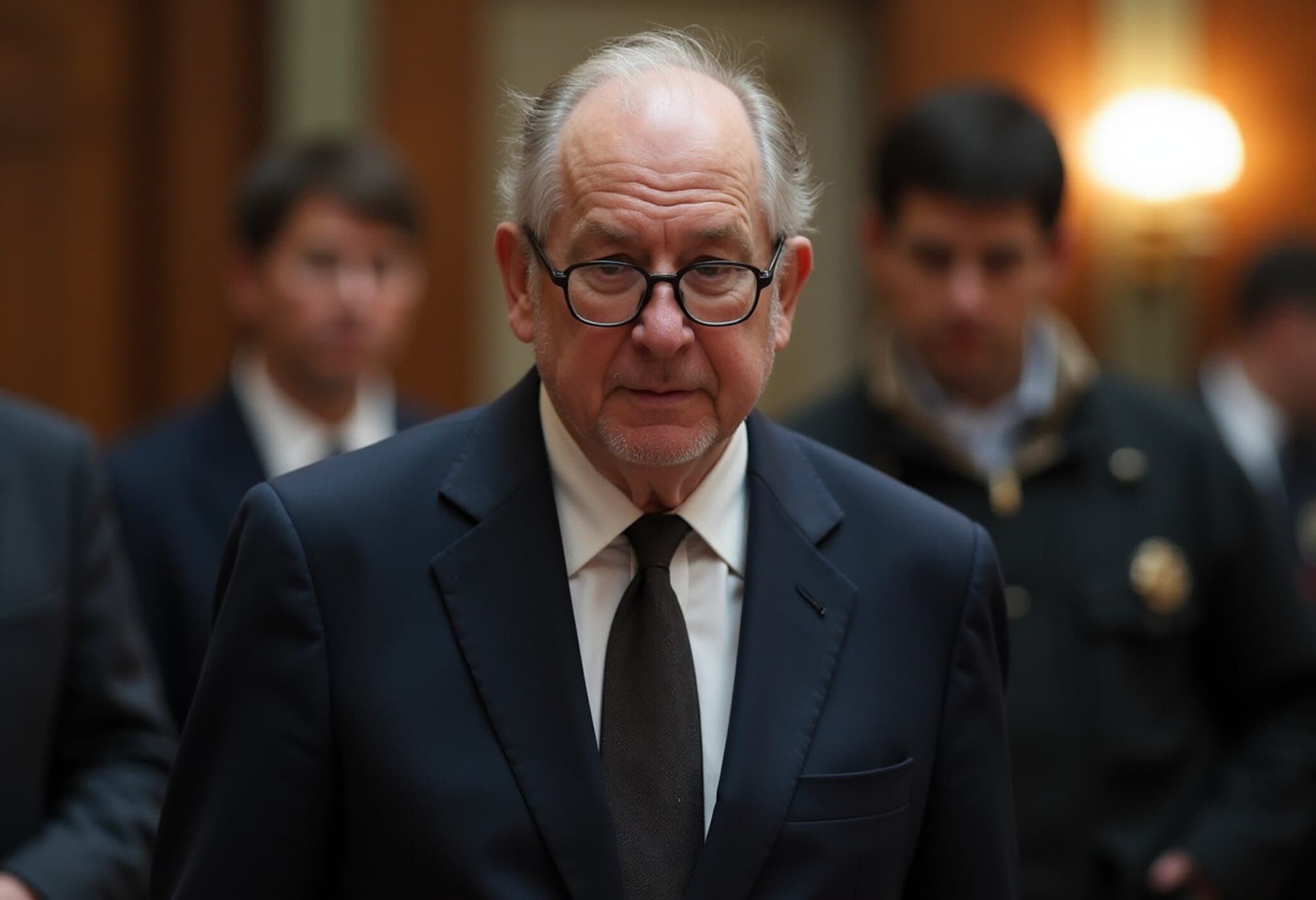US Court Limits Detention of Columbia Student Mahmoud Khalil
In a significant legal development, a federal judge in New Jersey ruled that Mahmoud Khalil, a Columbia University student and pro-Palestinian activist, cannot be detained based solely on claims that he poses a threat to US foreign policy. However, the judge stopped short of ordering Khalil's immediate release, allowing the government time to appeal the decision.
Judge Farbiarz Highlights Free Speech Violations
US District Judge Michael Farbiarz emphasized that Khalil's detention infringed upon his constitutional right to free speech. Khalil was targeted under a rarely used immigration statute that empowers the US Secretary of State to deport any non-citizen deemed a threat to the country's foreign policy. The judge described the move as chilling Khalil's speech and causing irreparable damage to his career and reputation.
A Contested Detention Under Scrutiny
Khalil was taken into custody in March after Secretary of State Marco Rubio labeled him a threat to US foreign policy. Despite this designation, Khalil has not been charged with any crime. The ruling acknowledged the government's concern but also underscored that the deportation attempt could not supersede Khalil’s constitutional rights.
Family Reaction: Calls for Khalil's Immediate Release
Following the announcement, Khalil’s wife, Dr. Noor Abdalla, expressed relief but urged for his swift release. She stated, "This is the news we've been waiting over three months for. Mahmoud must be released immediately and safely returned home to New York to be with me and our newborn baby, Deen."
Key Points at a Glance
- Mahmoud Khalil is a Columbia University student and pro-Palestinian activist detained since March.
- He was targeted under a little-used immigration law authorizing deportation for threats to US foreign policy.
- Judge Farbiarz ruled his detention violated Khalil’s right to free speech.
- The order takes effect Friday, granting the government time for appeal.
- Khalil's family calls for his immediate release to reunite with them.
Looking Ahead
This case has brought renewed attention to the balance between national security concerns and civil liberties, particularly free speech rights for foreign nationals residing in the United States. The upcoming appeal will be closely watched as it could set important precedent regarding the limits of executive power in immigration enforcement linked to political expression.
Stay informed with the latest developments on this evolving story.

